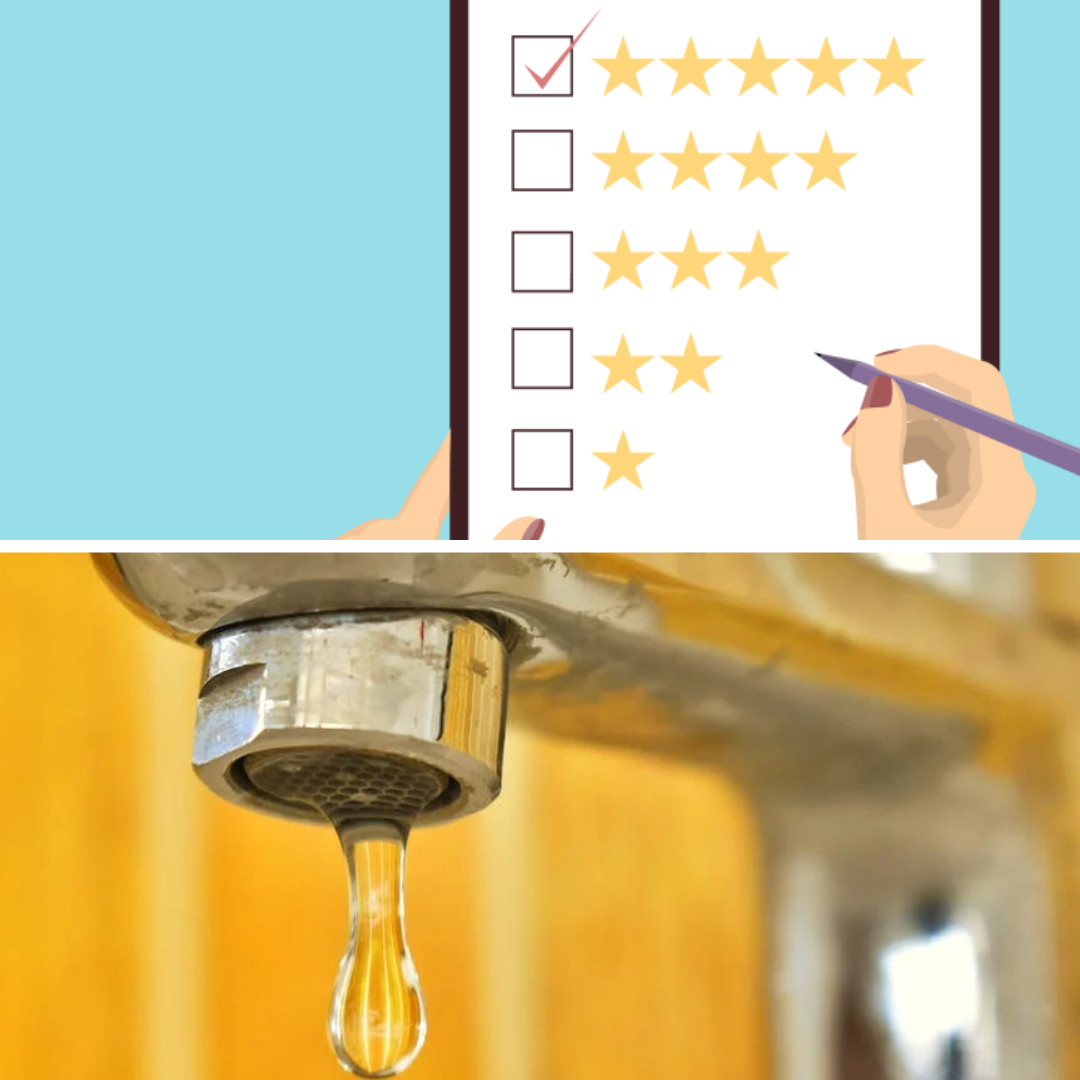
Only 2% Of Indians Get Water Fit For Drinking In Their Taps, 65% Use Filtration Mechanisms: Survey
Writer: Jayali Wavhal
She writes about gender issues, human interest, and environment.
India, 4 Nov 2022 5:14 AM GMT | Updated 8 Nov 2022 10:20 AM GMT
Editor : Shiva Chaudhary |
A post-graduate in Journalism and Mass Communication with relevant skills, specialising in content editing & writing. I believe in the precise dissemination of information based on facts to the public.
Creatives : Jayali Wavhal
She writes about gender issues, human interest, and environment.
As India observes Water Week from November 1 to 5, a survey shows that only 2% of households get drinkable quality water, while only 35% rated the quality of piped water they get from local bodies as good.
Only 2 per cent of Indian households get drinkable quality water from their local body, while 65 per cent use modern filtration mechanisms, says a survey conducted by community social media platform LocalCircles and released this week as India observes Water week from November 1 to 5.
The survey received responses from 22,000 households across 311 Indian districts, of which 42 per cent of participants were from the metro or tier 1 locations, 33 per cent were from tier 2 locations, and 25 per cent were from tier 3, tier 4 and rural locations.
14% Choose To Boil Water, 1% Use Alum: Survey
Speaking about the water they use for basic needs like drinking, cooking, and cleaning, among others, 34 per cent said they use water purifiers, 31 per cent use reverse osmosis (RO) system, 14 per cent choose to boil the water, 5 per cent use clay/earthen vessels, and 1 per cent use alum, chlorination and other minerals. Almost 7 per cent of households opt for bottled water supply instead of purifying their water.
Regarding the quality of piped water that is supplied by their local municipal corporations or water department, 12 per cent said 'very good', 23 per cent said 'good', and 36 per cent said 'average'. But as the data proceeds, responses regress -- 15 per cent rated the piped water quality 'poor', 5 per cent said 'very poor', whereas another 5 per cent stated the absence of piped water supply at their home.
Water Supply System Desperately Needs Amelioration
Sachin Taparia, while speaking to India Today, stated that the government should consider implementing mandatory standards for potable water supply to be followed by all local bodies. "Give them a few years to comply. Once the majority has complied, the standards must be published for public reference, checks and balances," he added.
37.7 million Indians are affected by water-borne diseases such as cholera, diarrhoea, typhoid, hepatitis A and others annually, whereas 73 million working days are lost owing to such diseases every year, says a study co-authored by Pradeep Kumar and published in the BMC Health Journal's May 2022 issue. It becomes imminent to bring durable and efficient changes in the water supply system in India.
Also Read: After 3 Years As Union Territory, Massive Protests Break Out In Ladakh For Statehood And Recognition
 All section
All section














